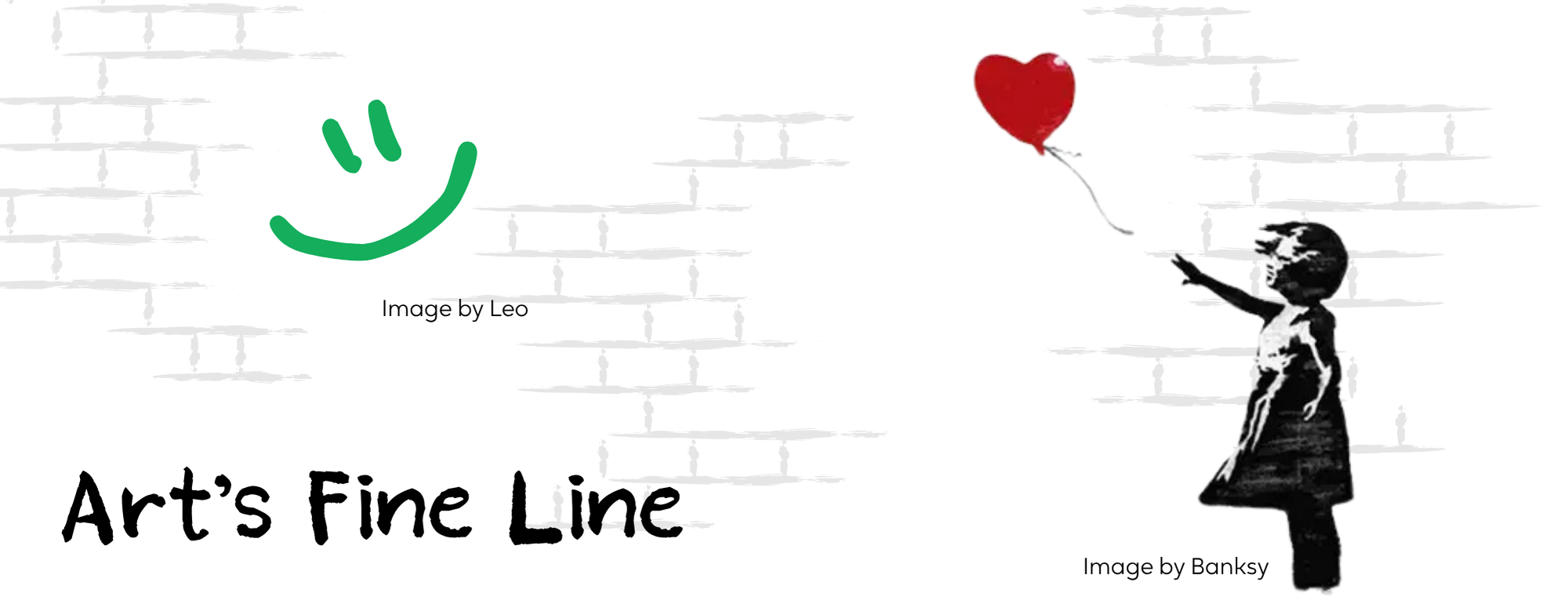David and Leo Repair a Broken Heart
Because I know you care about human relationships, I am reaching out today to tell you a recent story about the process of repairing a broken heart.
Imagine your child walked out of the house and, like David, within three minutes you got a call from the police. “I couldn’t believe it,” David said, “it’s like my heart broke instantaneously - one part fell like a brick into my stomach. The other jumped up into my throat. I felt paralyzed.”
The characters may be different from your story–it could be a sibling, your significant other, or someone really close to you whose actions caused an immediate rift in your relationship. Their actions caused your heart to tighten and your mind to question everything in your relationship just a little bit more.
People enter our programs feeling this way - uneasy with grief, filled with fear, and disconnected. At BRITE, we provide the space for respectful dialogue for all of the involved parties to be heard, and importantly, to move forward.
You see, in the US right now, David’s story is complicated by intersecting identities that are putting him at risk of further marginalization. David and his family are bilingual, bicultural, and binational. Any interaction with the criminal justice system can expose them to the harms of deportation, separation, and potentially worse.
I’m writing to you today, with David in mind, to ask for your help. We want to continue providing services that divert low-level offenses from further involvement in the systems, often occurring without due process. We need caring individuals to support deflection. We need you.
Like many parents who participate in our programs, David’s only role was to support his son, Leo. Leo had spray painted a public walkway in town. And I agree, I don’t appreciate crime or vandalism in my town. I also believe that painting smiley faces is a minor offense that could be an opportune learning moment. Study after study shows that our community is safer when we can divert youth from the system–health, education, and career outcomes are significantly improved if they never receive charges. A lack of charges does not equal a lack of accountability. Leo did not get off the hook when referred to restorative justice. In fact, Leo had a reckoning:
“I didn’t think through my actions. I saw the spray paint and I used it. And I got in trouble. Twice. With the law, and with my family. At first I was mad that I got grounded and my phone was taken away. Then I went through the circle process and I heard how scared and sad my actions made my dad.”
Through practicing multipartiality, we take into consideration all of the ways that all of the people are impacted by the situation–both harmed and responsible. After the conference, Leo had a contract of action items to repair the situation, including cleaning the walkway and writing apology letters to city workers. Leo also had to work on repairing the harm his father experienced. Leo and David agreed upon three more quality conversations to deepen their relationship, and some time together fixing the car to offset the financial impact of the situation..
In the traditional justice system, neither the responsible party nor the victim have a voice or a choice. Restorative justice offers the opportunity to build stronger relationships, to help heal broken hearts. You can ensure these restoration services can continue and grow. It’s more important now than ever to support behaviors that repair harm, rebuild relationships, and promote empathy. Please donate today!
Thank you for joining me in the heart of restoration,
Shalene Onyango
PS. Thank you for being the kind of person that believes in keeping the small things small and alternatives for repairing broken hearts.

